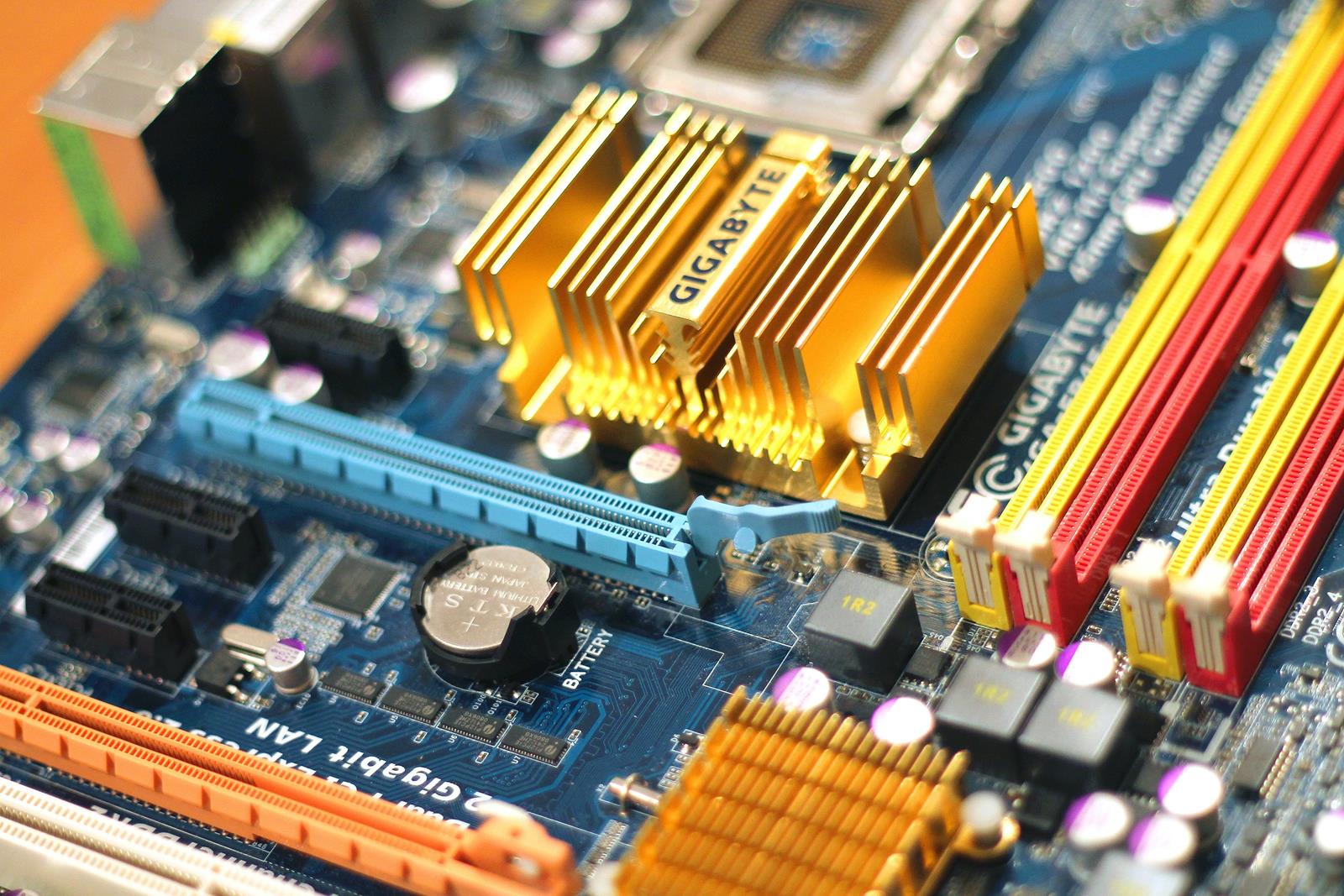The Effect Of Technological Systems On Society

Technology is the collective term for anything electronics-related, including communications technology, information technology, computer technology, and entertainment technology. Technology is a general category, but encompasses a range of subcategories, including communication technologies, personal technologies, office technology, industrial technology, energy technology, and information technology. Technological change is a general term, applied to change in any subcategory of technology. In other words, the changes that occur in any subcategory of technology are also considered to be part of the technology.
The technological process begins with an invention. While natural inventions are often necessary for progress in almost any sphere of human endeavor, technological objects tend to be unique because they do not exist in nature. One example of a technological object is a computer, which can be considered to be part of the technological process even though it was not designed as a computer. Computer technology, in particular, has been radically changed since its inception, and the computer has become an extremely important part of the global information and communication fields.
The scope and impact of technological change extend far beyond the bounds of specific technologies. Technological change can affect nearly every aspect of life; however, there are three areas in which advances in technology typically have a greater impact. These three areas are information technology, integrated information technology, and health information technology.
Most people think of information technology as the development of computer software and multimedia products such as mp3 players and phones. This is only a small portion of the overall impact of technological advances. Of greater significance, however, are the changes that technology has made in how people interact with each other. The development of language, for example, marked the beginning of writing and perhaps even the development of civilisations themselves.
Communication, in turn, has been central to the human condition since the start of the 20th century. Throughout much of history, people have used tools to communicate. Improvements in communication systems such as radio and telephone services have significantly improved the ability of humans to communicate and, consequently, to organise their communities. Technological systems have also played a key role in changing the cultural make-up of the world’s population. Through the development of television, movies, and the internet, people are able to access each other across great distances and to socialise far more easily than they did before.
Technological developments also tend to have an effect on the economy. Technological systems, through the efficient use of existing materials and the creation of new materials, are able to create economic growth. Examples of this include the development of computer systems that are able to solve complex problems better than any human mind is able to. Also, the ability to use information technology to solve problems (such as creating a website for a company) is likely to result in economic growth in itself, because of the cost savings associated with implementing new technologies.
As technology becomes more developed and easier to use, more people will be able to take advantage of it, increasing the overall quality of life throughout society. As society becomes more organised and progressive, new problems and issues will arise. These problems will largely be due to the efficiency of the existing technologies, rather than humanity’s shortcomings.
Technological change has been a crucial player in many of society’s developments over the past few centuries, and it is likely to continue to impact society for the foreseeable future. However, many people tend to forget that there are ‘good’ and ‘bad’ things about technology. Technological systems are often beneficial, because people find them easier to use than traditional methods, but they can sometimes be harmful because they tend to introduce new problems into the environment, for example through the introduction of weapons technology. With emerging technologies such as the internet and smartphone technology, this situation is likely to become a lot less extreme.